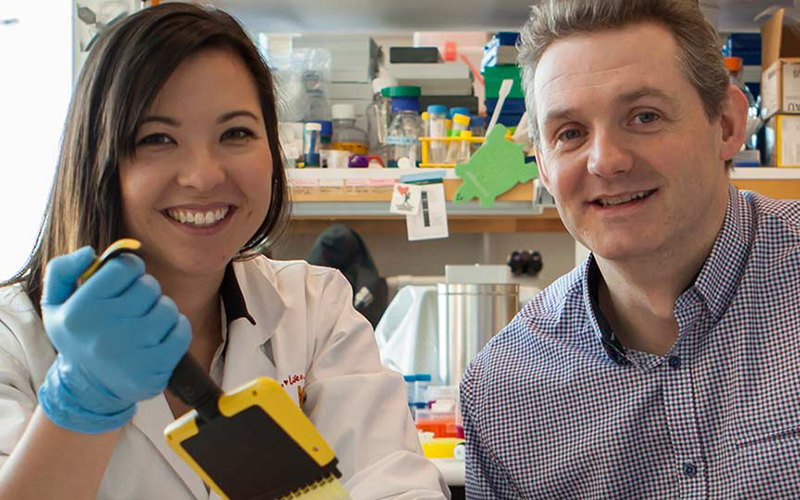Search
Showing results for "Au"
Research
Effectiveness of childcare centre interventions to increase young children’s physical activityThe aim of this project is to evaluate the efficacy of childcare centre based interventions to increase young children’s physical activity.
Research
Kids are not small adults, Identifying age-dependent drug targets in paediatric oncologyCancers in children are very different to cancers in adults. However, most therapeutic strategies are designed explicitly for adult cancers, and then used in children if proven safe.
Research
The CASHEW Study - Introducing Cashew Nuts During InfancyDebbie Susan Palmer Prescott BSc BND PhD MBBS BMedSci PhD FRACP Head, Nutrition in Early Life Honorary Research Fellow debbie.palmer@uwa.edu.au
Research
A Phase 3, Randomized, Observer-Blind, Placebo-Controlled, Group-Sequential Study to Determine the Immunogenicity and Safety of a Respiratory Syncytial Virus (RSV) F Nanoparticle Vaccine with Aluminium in Healthy Third-trimester Pregnant Women; and SafetyElke Jennifer Peter Seppanen Kent Richmond BSc PhD RN MBBS MRCP(UK) FRACP Program Manager, Bacterial Respiratory Infectious Disease Group Clinical
Research
Purpose After Service through Sport (PASS): Supporting Military Veterans and their FamiliesVeterans who transition out of the military often face substantive challenges during their move to civilian life, including the management of their health, identifying opportunities for employment, contributing to the financial and emotional functioning of their household, and developing high-quality social connec
Research
Strep A Vaccine Global Consortium (SAVAC) 1.0The Kids Research Institute Australia (Jonathan Carapetis) is a member of the new Global Strep A Vaccine Consortium; a global GAS vaccine consortium that will drive strategic planning to anticipate requirements for licensure, prequalification, and policy recommendations.
Research
Multigenerational disadvantage in AustraliaThis study aims to examine the experience of multiple disadvantages in two generations of Australian families, and how these experiences relate to the trajectories of children, the third generation.

News & Events
New centre to focus on breaking the cycle of disadvantageThe ARC Centre of Excellence will conduct world-leading research to investigate new ways of tackling entrenched social and economic disadvantage.

News & Events
Population data could be key to controlling a future COVID outbreak in WAPerth researchers will use population data to help boost WA’s defences in the fight against COVID-19, developing modelling to build a clearer picture of how the virus could spread through high-risk populations.

News & Events
Landmark research hopes to increase survival rates for aggressive childhood cancerA new combination of drugs could help to increase survival rates with fewer side effects for some children with one of the most aggressive forms of childhood brain cancer.
